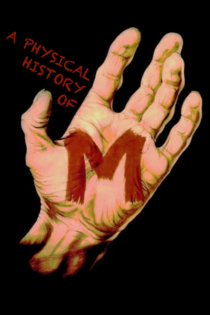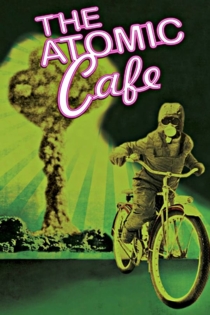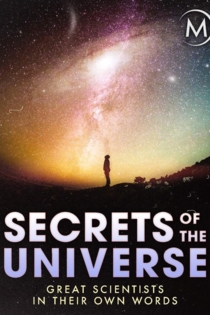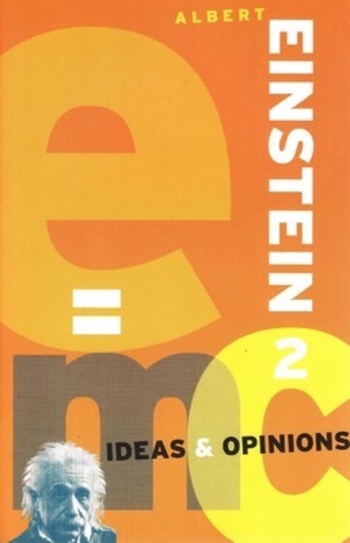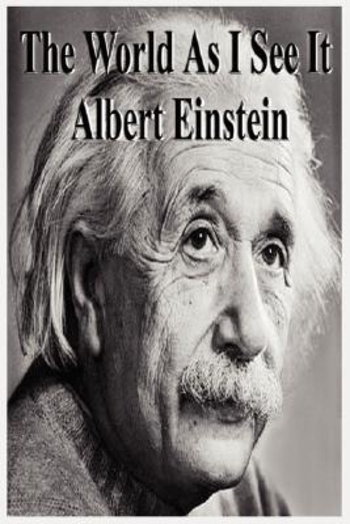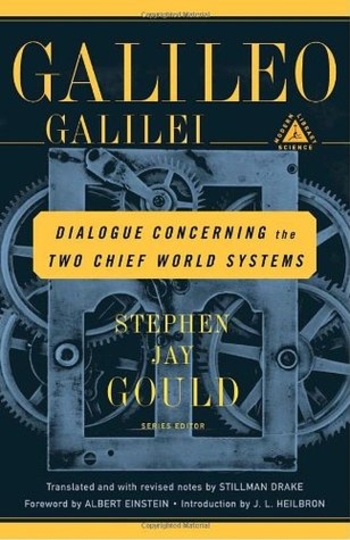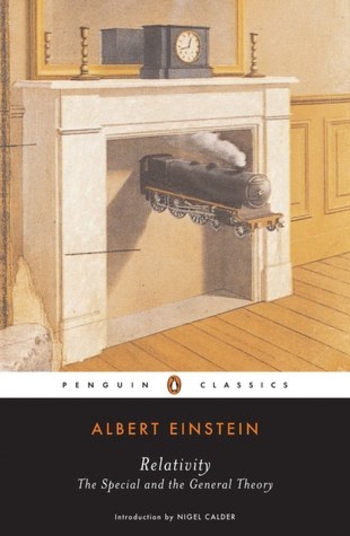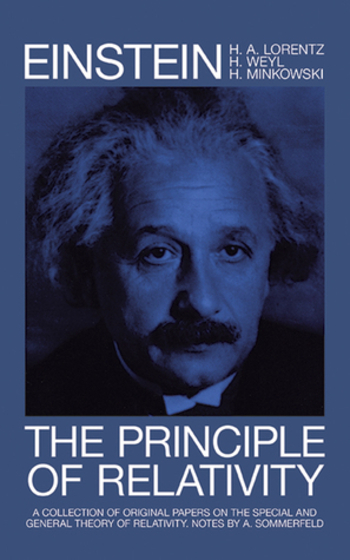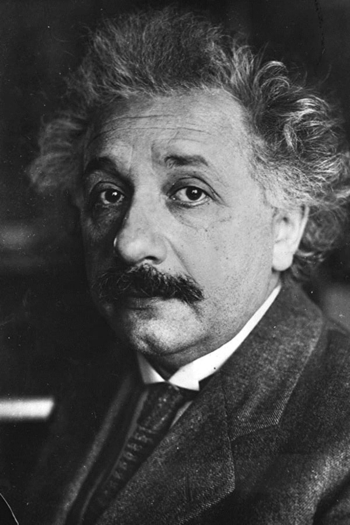
Albert Einstein
1879 - 1955From Wikipedia, the free encyclopedia
Le Petit Vingtième : le siècle de Tintin
Claude Haïm
Frédéric Latin, Pascal Ory
From the beginning, Hergé's work, Tintin's creator, was conditioned by the ideology of his publisher, the weekly child supplement of a Belgian Catholic newspaper. An exciting analysis of the political meaning of the adventures of Tintin.
Le Petit Vingtième : le siècle de Tintin
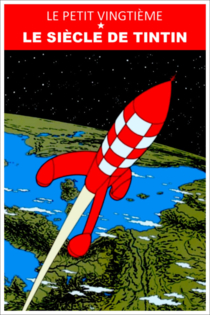
Einstein
Philip Shane
Albert Einstein, Michio Kaku
This captivating documentary from the History Channel recounts the development of iconic physicist Albert Einstein's provocative theory of general relativity. Some 200 years after the introduction of Isaac Newton's law of universal gravitation, Einstein rocked the science community with his theory, which suggests that gravity is a warping of space-time caused by the presence of matter.
Einstein
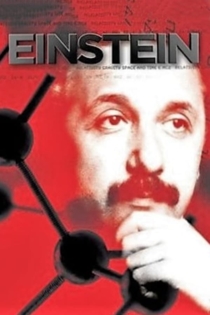
Star Trek: Secrets of the Universe
Anthony Giacchino
J.J. Abrams, Bryan Burk
Is building our own starship Enterprise possible? Will we ever travel between the stars as easily as they do in Star Trek? JJ Abrams' new feature, Star Trek Into Darkness, hits the screen in a golden age of scientific discoveries. HISTORY is there, giving viewers a deep look behind the scenes, on the set, and into the science–amazing new exoplanets, the physics of Warp drive, and the ideas behind how we might one day live in a Star Trek Universe.
Star Trek: Secrets of the Universe

Radio Bikini
Robert Stone
Kilon Bauno, John Smitherman
It starts with a live radio broadcast from the Bikini Atoll a few days before it is annihilated by a nuclear test. Shows great footage from these times and tells the story of the US Navy Sailors who were exposed to radioactive fallout. One interviewed sailor suffered grotesquely swollen limbs and he is shown being interviewed with enormous left arm and hand.
Radio Bikini

Champagne for Caesar
Richard Whorf
Ronald Colman, Celeste Holm
When jobless genius Beauregard Bottomley interviews with Burnbridge Waters for a position at Waters' soap company, the owner rudely turns Bottomley down. As revenge, Bottomley enters a TV quiz show that Waters' company sponsors, with the goal of winning until he bankrupts the businessman. When Bottomley keeps acing the questions, becoming a media sensation, Waters desperately calls on vixen Flame O'Neal to uncover Bottomley's area of weakness.
Champagne for Caesar
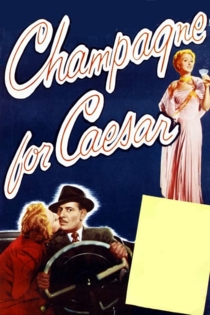
И всё-таки я верю...
German Lavrov, Elem Klimov
Mikhail Romm, Albert Einstein
Originally called World '68, later retitled The World of Today Romm’s film was conceived as an impassioned, large-scale essay on the origins of the 20th century and the subsequent reality the disappointed director felt slipping away from him. The film itself slipped away from him and was left unfinished at the time of his death. His younger colleagues, Marlen Khutsiev, Elem Klimov and German Lavrov, completed the film from the elements he left behind in addition to segments from Ordinary Fascism, closing the film with Romm’s ultimately optimistic outlook: "And still I believe that man is sensible..."
And Still I Believe
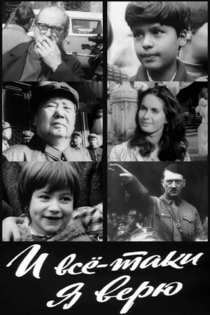
Thrive: What on Earth Will it Take?
Steve Gagne
Lane Andrews, Dwynne Arnesson
An unconventional documentary that lifts the veil on what's really going on in our world by following the money upstream - uncovering the global consolidation of power in nearly every aspect of our lives. Weaving together breakthroughs in science, consciousness and activism, THRIVE offers real solutions, empowering us with unprecedented and bold strategies for reclaiming our lives and our future.
Thrive: What on Earth Will it Take?
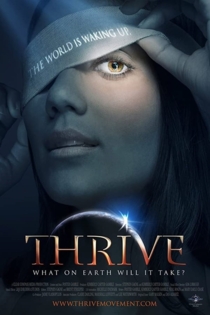
God Chose Paris
Philippe Arthuys, Gilbert Prouteau
Jean-Paul Belmondo, Michel Bouquet
An interesting mixture of filmed scenes with Belmondo and archival footage regarding cultural aspects of all kind around Paris, starting at the end of the 19th century and ending in the mid-1960's. Jean-Paul Belmondo leads us through the movie starting as a young photographer around 1900, a reporter in both world-wars and doing fictional interviews with lots of celebrities.
God Chose Paris

Cold War Secrets: Stealing the Atomic Bomb
Gérard Puechmorel
Hervé Lacroix, Albert Einstein
On the 29th of August 1949, the USSR set off their first atomic bomb, just four years after the Americans. The speed with which they achieved this surprised the world. What nobody knew was that it was the result of espionage. At the centre of the operation was a very unusual female spy, Elizabeth Zaroubin, in a story worthy of the best spy novels ever written.
Cold War Secrets: Stealing the Atomic Bomb

Wer hat Angst vor Wilhelm Reich?
Nicolas Dabelstein, Antonin Svoboda
Björn Blumenthal, Eva Reich
About the researcher Wilhelm Reich, who wanted to prove and compare life-energies in global experiments and searched for basic principles of life. His transformation from the model student Freud to the questionable UFO researcher is also addressed.
Who is afraid of Wilhelm Reich?

The Extraordinary Genius of Albert Einstein
Albert Einstein
The core of the video is a pedagogical workshop on the Theory of Special Relativity as part of the educational process conducted by our youth leadership. Not for the sake of understanding the theory itself, but using Einstein's particular discovery as a case study to demonstrate and walk people through real human thinking, as being something above sense perceptions or opinions. We end with reflecting on the principle of relativity in terms of social relations and individual identities or thought processes, asking the question - how was Einstein able to make his breakthrough?
The Extraordinary Genius of Albert Einstein
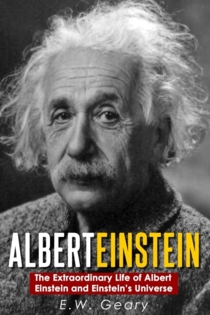
A Physical History of M
Peter Lorre, Gustaf Gründgens
This documentary traces the "physical history" of Fritz Lang’s M, from its production and original distribution to the digital restoration used as the basis for this edition. It includes a look at the French-language version of M but was produced before the discovery of the English-language version.
A Physical History of 'M'
